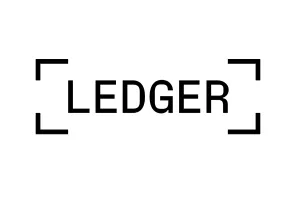There was surprise in an Austrian courtroom when a defendant suddenly gave up any pretense of innocence, proclaiming, "I've run out of steam, I've finished driving... I plead guilty in full and ask for a lenient and speedy sentence". The judge then had to back up and understand what exactly he was pleading guilty to. The same defendant had earlier admitted to some guilt, but denied the fraud had been planned from the start. Later, he said that he had indeed planned from the beginning to steal the funds.The scam in question was a Ponzi scheme called EXW, in which the eight defendants stole at least €17.6 million (~$19.3 million) from at least 40,000 victims in late 2019 and 2020. The fraud later resurfaced under a different name. However, in court, the ex-girlfriend of the main defendant testified that the scam had actually brought in €80–100 million ($88—$110 million).
One of the defendants, who from reports seems to be the same one who just admitted his guilt in court, reportedly feigned being autistic when he was arrested by police, somehow earning himself enough time to erase the contents of his phone.
He and seven other defendants have been charged with fraud, money laundering, running a pyramid scheme, and operating a criminal organization.








